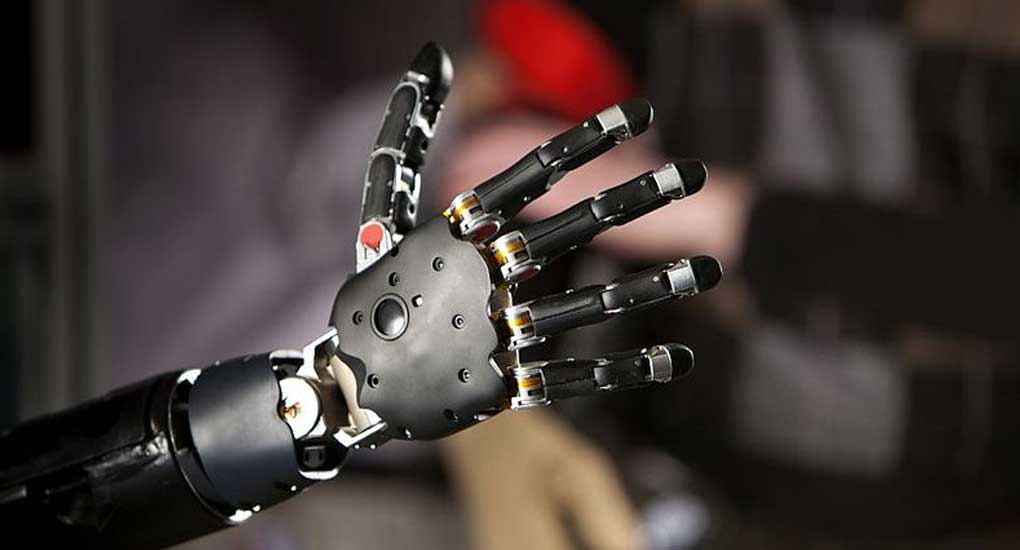
Future of Prosthetics Detailed Biomimetic Robotic Hand Evolving Science
Now, as they report in Nature Nanotechnology, Fabio Benfenati, Guglielmo Lanzani and colleagues developed a liquid retinal prosthesis made of photoactive semiconducting polymer nanoparticles.

Solarpowered skin for prosthetic limbs Nanotechnology, Prosthetics
Neural prosthesis in the wake of nanotechnology: controlled growth of neurons using surface nanostructures Neural prosthesis has been successfully applied to patients with motional or sensory disabilities for clinical purpose.

DNA ScienceRoll
Abstract Nanotechnology has extensive application as nanomedicine in the medical field. Some nanoparticles have possible applications in novel diagnostic instruments, imagery and methodologies, targeted medicinal products, pharmaceutical products, biomedical implants, and tissue engineering.

Startup Promises Immortality Through AI, Nanotechnology, and Cloning
Prosthetic Orthopedic 6.1. Introduction Nanotechnology is identified as one of the prosperous areas of current researches and developments in more or less all biomedical applications [1], [2], [3], [4], [5], [6], [7], [8]. The "nano" word is derived from Greek, which means "dwarf." A nanometer is a spatial unit of measurement (1.0 × 10 − 9 m).

Special prosthesis for fingers prostheses fingers hand
Summary: Nanotechnology at the Forefront Reshaping Prosthetics for Greater Potential This article explores the impact of nanotechnology on prosthetics, highlighting the advancements, advantages, and key takeaways. Advancements in Nanotechnology
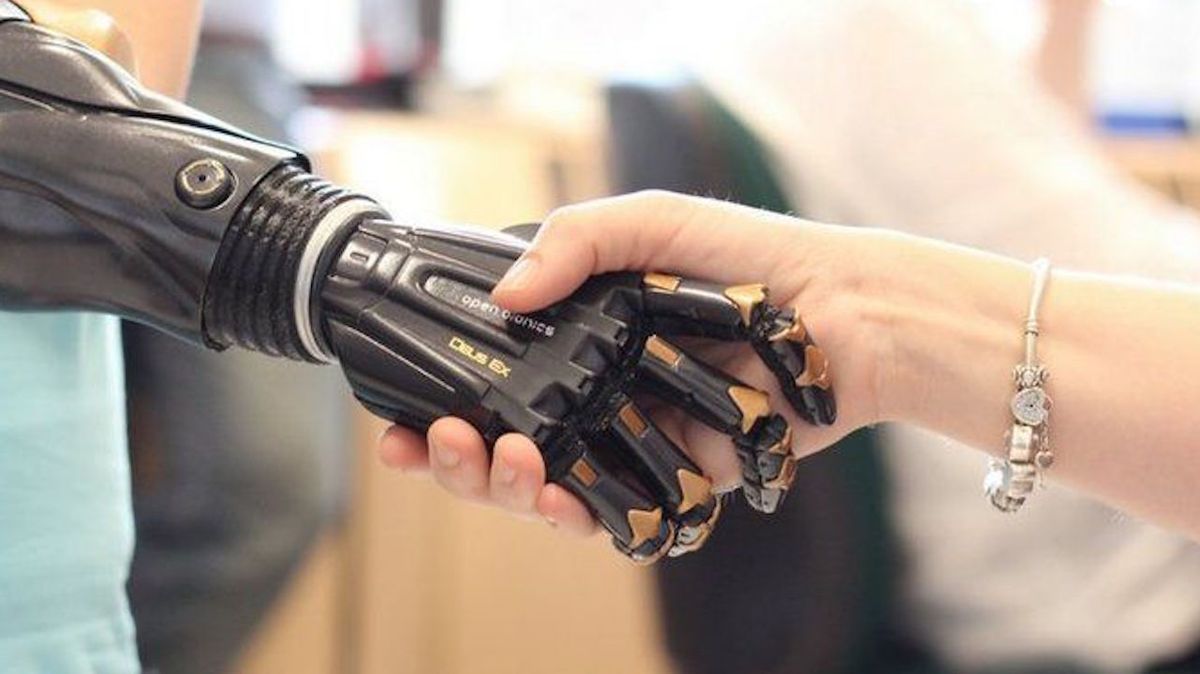
The amazing bionic prosthetics that are changing lives and shaping our
Article Open Access | Review Current and future applications of nanotechnology in plastic and reconstructive surgery Views: 21273 | Downloads: 1523 | Cited: 16 Dana K. Petersen1 , Tate M. Naylor2 , Jon P. Ver Halen3,4,5 1 Department of Otolaryngology - Head and Neck Surgery, University of Tennessee Health Science Center, Memphis, TN 38163, USA.
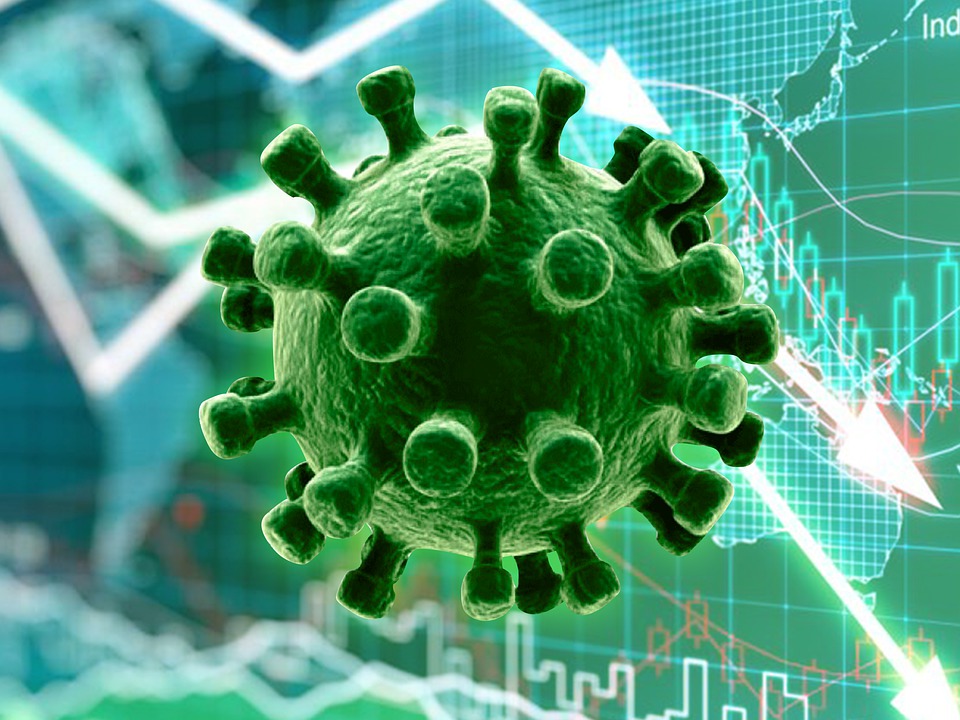
25 Ways Nanotechnology is Revolutionizing Medicine MRI Technician Schools
Nano-based materials are also considered to be the new generation of scientific and technological materials for the preparation of various prosthetic devices for the disabled, which can effectively improve the sense of use of the disabled and achieve functional diversity.

BrainControlled Bionic Legs Are Finally Here Prosthetics, Medical
L Srikanth Discover the world's research this disadvantage discrete silane treated nanoparticles of to dental adhesives. According to a study by N. Silikas et al., no decrease in bond strength of.

The Future of Prosthetics Looks Sensational
Due to the biosensing properties of prosthetic limbs made of nanomaterials, a large number of nanocomposites have been designed, developed, and evaluated for various prosthetic limbs, such as e.

Nano Emulsion in 2020 Beauty advertising, Face skin, Hydrating
Research of nanotechnology in dental materials is mainly focused on two ways: one is the preparation of new inorganic nanoparticles, and the other is to modify the surface with inorganic nanofillers and thereby to develop ultralow shrinkage rate of repair resin [ ].

Robotics Prosthetics Market 2027 Outlook by Top Manufacturers, Latest
Better prosthetics: $3M to develop more natural robotic leg control. Kate McAlpine on December 23, 2023. A smoother experience for robotic prosthetic leg users is the aim of a University of Michigan project that has received renewed support from the National Institutes of Health. The R01 grant of $3 million will also enable the implementation.

10 Advances In Medical Technology From The Global War On Terror
The experimental results show that the natural light stimulation of nanoparticles, in fact, causes the activation of retinal neurons spared from degeneration, thus mimicking the functioning of.
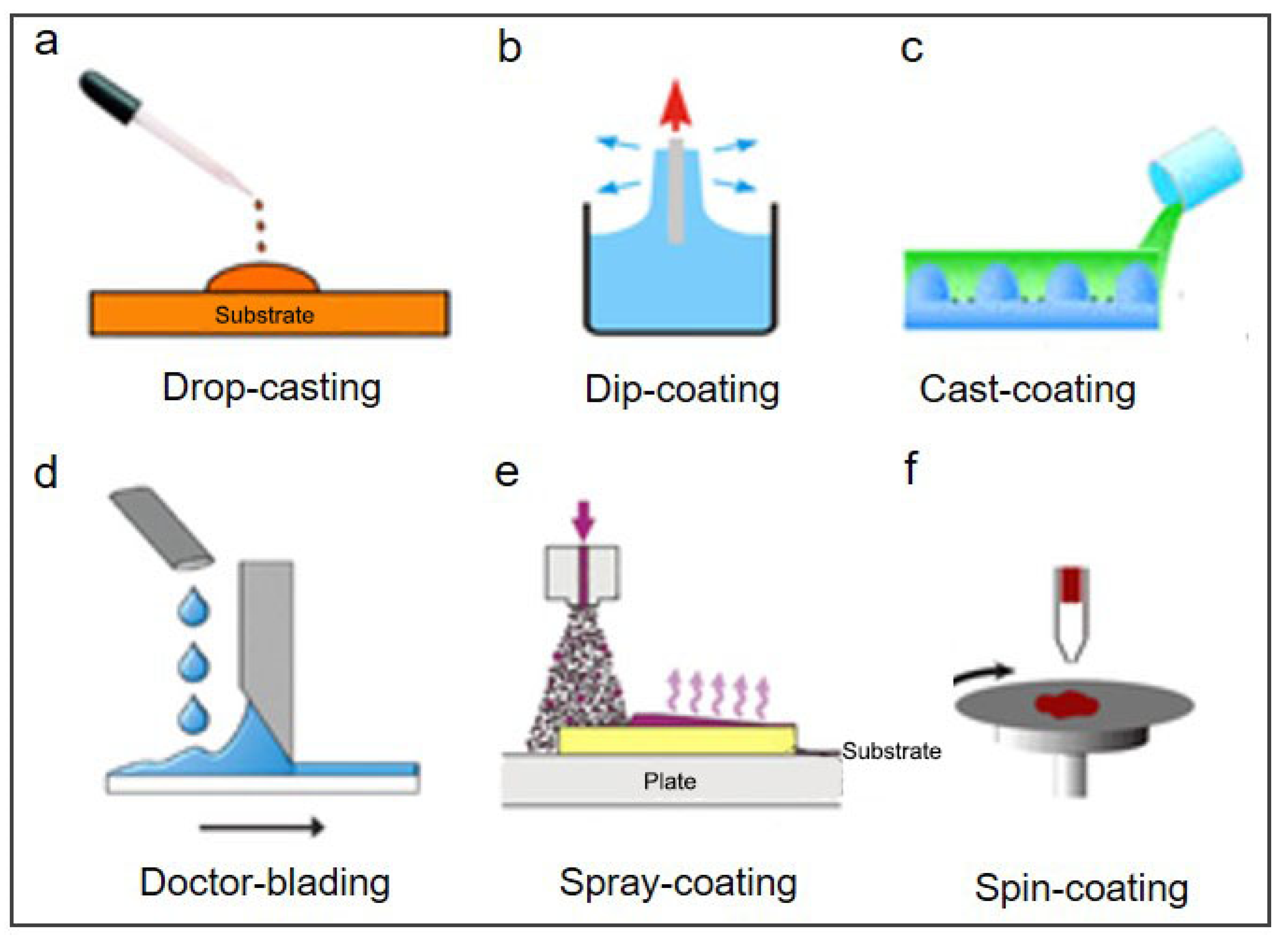
Prosthesis Free FullText NanotechnologyBased Antimicrobial and
Nanoparticles are ideal for engineering prosthetics and implants because they function at the same level of the body cells. In this chapter, we focus on the impact of nanotechnology on medical bionic devices. We discuss the engineering and manufacture of prosthetics, their uses and applications, and recent advances in this field. Previous chapter

The future of prosthetics transthetics
3.3. Prosthetic Joints. Increasing evidence indicates underlying biofilm infections are a primary cause of aseptic loosening of joint prostheses. Device-associated infections in prosthetic joints by S. epidermidis or Propionibacterium acnes can induce severe complications and significant mortality after joint replacement surgery [93, 94].

exiibionicarmdesigboom07 Drone Technology, Technology Design
Articles published in English peer-reviewed journals, describing an original research, synthesis of nanoparticles, investigating the physical, mechanical and antimicrobial properties of denture base resins and maxillofacial silicone elastomers were included. Technical reports, abstracts, personal communications related articles were excluded.
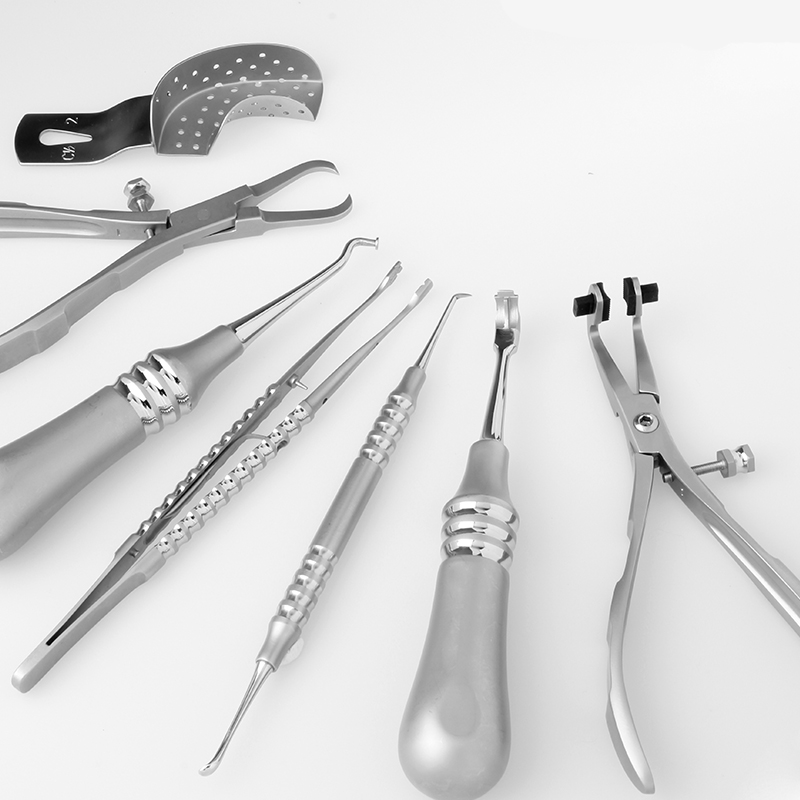
Prosthetics Devemed ANTARES Group
January 4, 2024. Isabela Castillo works on a 3-D printed prosthetic hand in the EXP Makerspace on the Boston campus. Castillo is a third year Northeastern bioengineering student who heads up Give A Hand, a club developing low-cost prosthetic hands with 3-D printing. Photo by Alyssa Stone/Northeastern University.